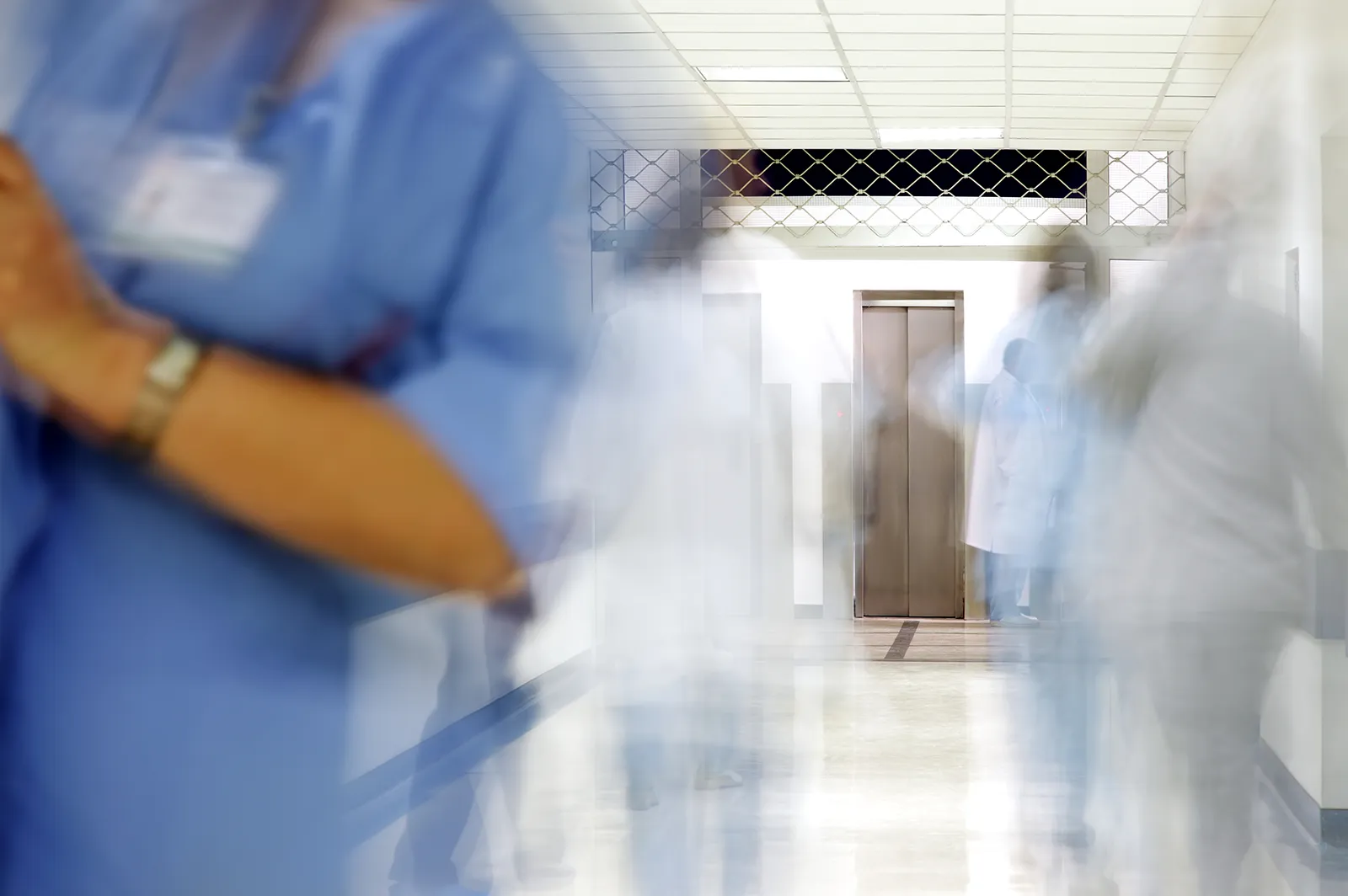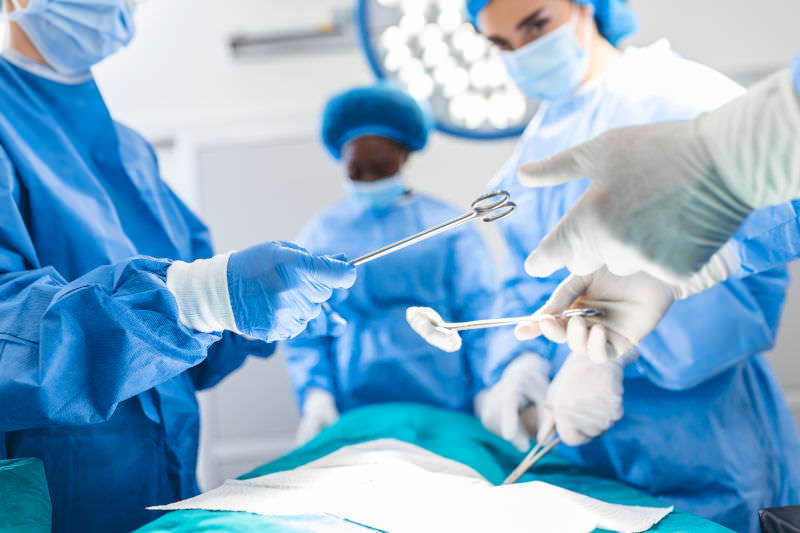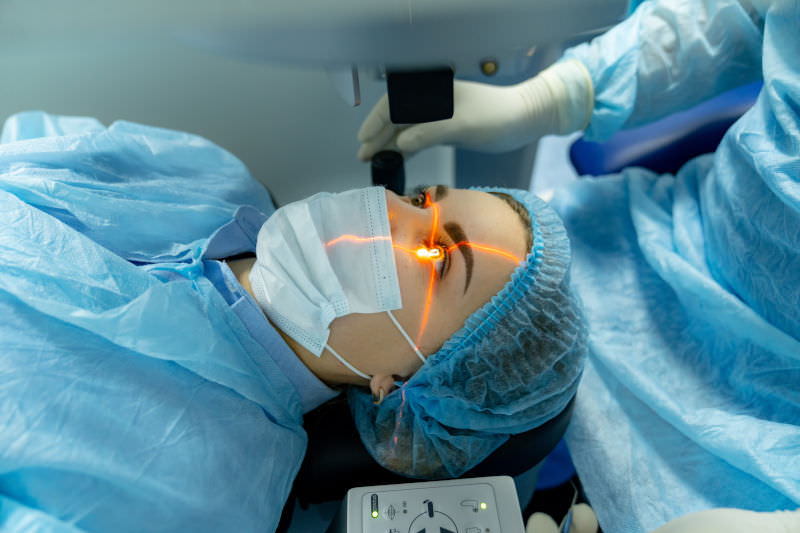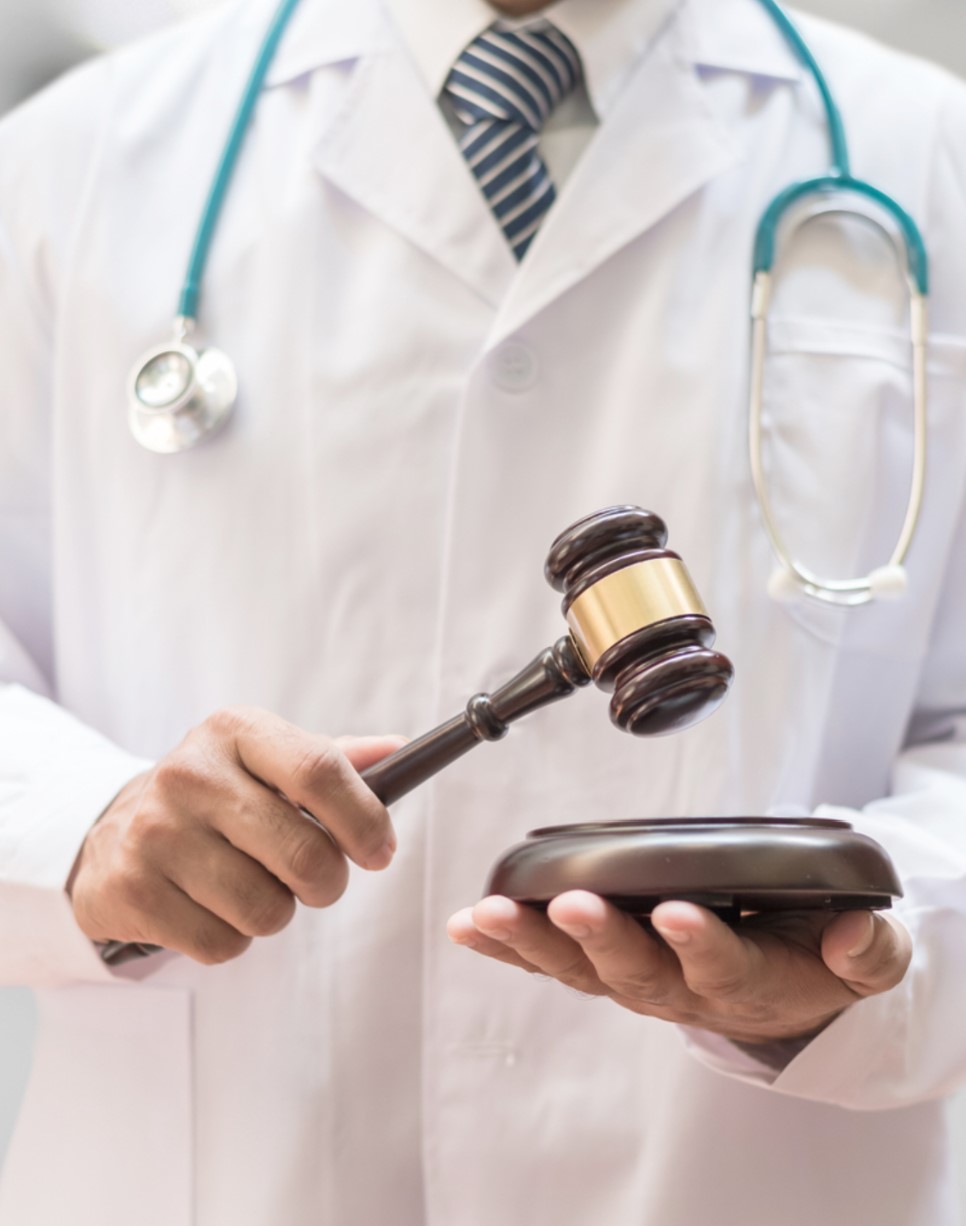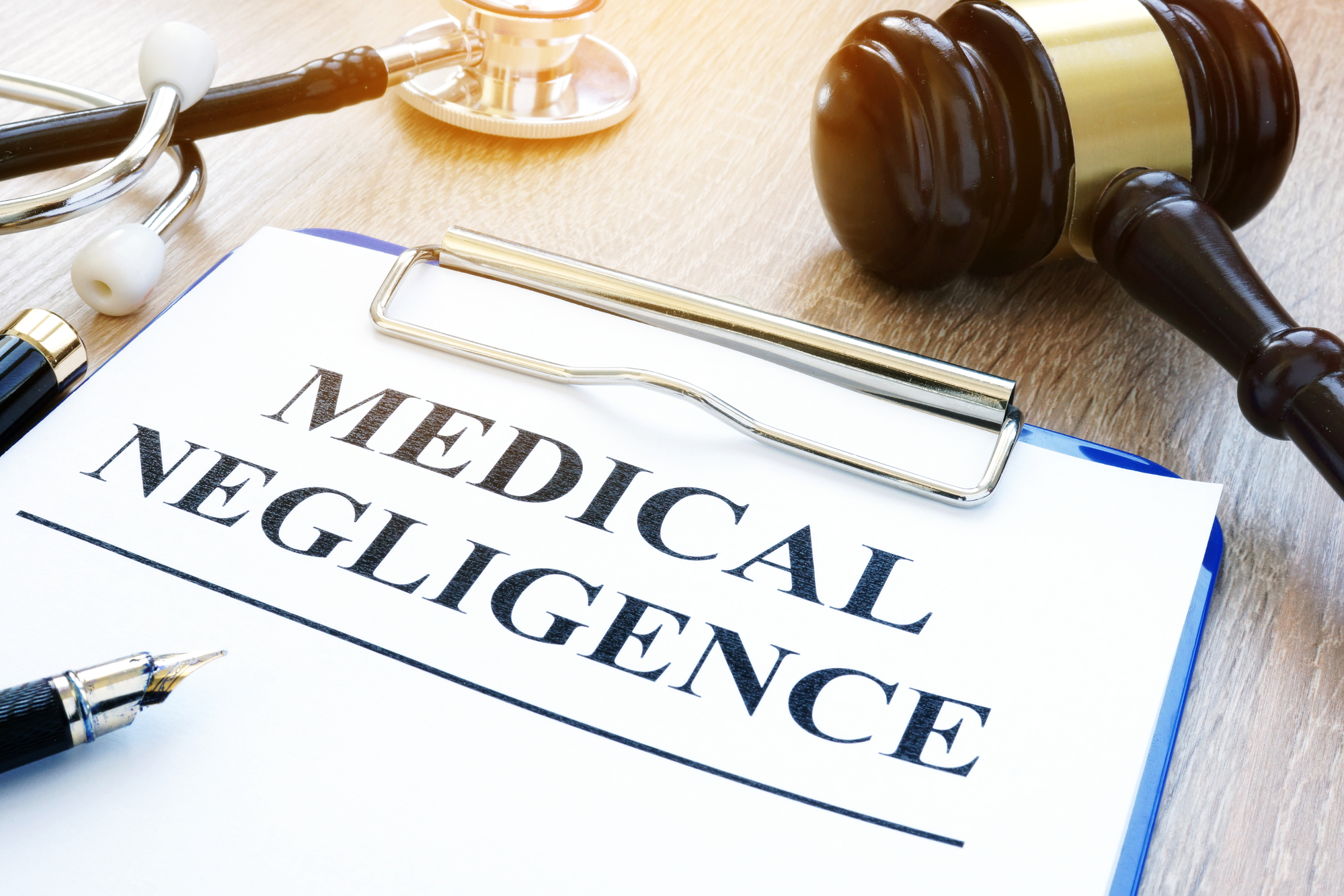Your clinical negligence questions, answered.
The honest answer is: it depends. And you won’t get an answer that honest from any ‘Claims Calculators’ or other marketing gimmicks. The compensation you claim will be based entirely on the injuries you have suffered and the losses you have incurred. As such, any average payout figures are also going to be of limited usefulness.
But it is natural to be curious about this and so the best way to get an idea of compensation amounts is to speak to a solicitor about your unique situation.
You can claim compensation for the injuries that you have suffered, as well as many other kinds of financial loss which the negligent tooth extraction has caused you.
With your injuries, the compensation you claim will be based upon two distinct aspects:
- The pain and suffering your injuries have caused to you; and
- What the injuries have prevented you from doing, or enjoying, in normal life.
For example, the wrongful tooth extraction might have caused you pain for a month (the first of the aspects above), but also altered the shape of your mouth in a way which makes chewing difficult. These long-term effects would be taken into account in the injury claim under the second aspect as your enjoyment of life will have been affected by the injury.
Financial losses
The wrongful extraction of a tooth will almost certainly lead you to incur expenses for corrective treatment.
These may include costs for:
- Removing the correct tooth
- Fitting dental implants (including expenses for their future maintenance – e.g. re-crowning them after certain periods)
- Treatment of any serious problems which a wrongful extraction can cause (e.g. repairing damage to sinuses).
Other financial losses can also follow easily from your injuries and your dentist’s negligent treatment. Some common examples would be:
- Travel expenses – For journeys made necessary by the negligent procedure, such as attending appointments for further treatment.
- Loss of earnings – Where your injuries have caused you to miss work or otherwise lose out on income.
- Care and assistance – Where friends, family, or healthcare professionals have been required to help you in your daily life.
These are just some of the losses which can usually be included in a dental negligence claim. In general, you can claim compensation for losses which have been incurred as a ‘reasonably foreseeable’ consequence of your injury.
You may be worried about how your claim would be funded. However, under an arrangement called a ‘No Win, No Fee’ Agreement you can avoid the risk of having to pay fees in the event that your claim is unsuccessful.
The terms of the agreement mean that, in the vast majority of situations, you will not have to pay our legal costs if we cannot recover compensation for you.
If we are successful, a small percentage of your compensation award will go towards our fees, with most of the costs being paid through your dentist’s indemnifier.
Funding is always something which we will discuss with you in full before your claim begins. However, if you have any queries about this, please get in touch so that we can explain matters further.
As with any type of surgery, it is normal to have discomfort, bruising and scars after the operation. But symptoms which persist beyond a few months or which are particularly painful may be signs that the procedure was not carried out correctly.
Some examples of more serious side-effects are:
- Infection
- Blood clots in the lungs
- Scarring
- Skin loss or necrosis
- Numbness or nerve damage
- Skin discolouration or bleeding under the skin
Rhinoplasty operations involve making a number of cuts and alterations around the nose, and so it is perfectly normal for some bruising and swelling to occur and to last for a few weeks afterwards. However, if the operation, or your care before or after it, has not been carried out to the proper standards you may be left with more severe side-effects.
These in turn can affect you emotionally; rhinoplasty operations are often intended to make you feel more confident about your appearance, and if a negligent procedure has the opposite effect it can be devastating.
Some physical consequences of a negligent operation are:
- Infection
- Misshapen nose, or an unwanted result
- Anaesthetic complications
- Changes to your sense of smell
- Breathing difficulties
- Bleeding
- Severe cuts and wounds not healing
- Nasal septal perforation
Various parts of the body can be used for liposuction, but injuries from the procedure are more likely to occur if it is performed on a delicate part of the body. While temporary, short-term pain and discomfort is normal after any surgical procedure, more severe or long-lasting problems can indicate that a mistake occurred.
Problems following liposuction surgery can include:
- Damage to abdominal organs
- Scarring
- Skin abnormalities
- Deep vein thrombosis
- Blood poisoning
- Infection
Laser eye surgery has been a common procedure for many years now, and is still increasing in popularity as technology and techniques become more advanced. A successful laser eye surgery operation can have life-changing benefits, but equally, where an operation goes wrong, it can cause severe problems, both physical and psychological.
Negligently conducted laser eye surgery can result in:
- Headaches
- Swelling or discomfort around the eyes
- Temporary or permanent blurred vision
- Temporary or permanent blindness
Facial implant surgery often involves inserting a silicone implant under the skin as a way of restoring volume to the face. This is frequently done to counteract damage to the face, such as after an accident or another type of surgery, or as a cosmetic procedure to reverse some of the changes of the ageing process.
While the vast majority of these operations are carried out without incident and the patient is perfectly happy with the results, the delicate nature of the facial area means there are risks and occasional problems with such a procedure.
Whatever the background, a facial implant is often done to boost self-confidence. As such it can be shattering when the procedure is not only unsuccessful, but also results in negative side-effects.
These side effects may suggest that cosmetic surgery negligence has occurred. They can include:
- Infection
- Abnormal scarring
- Migration of the implant
- Blood clots/Haematoma
- Nerve damage
- Loss of sensation in the lips
- Reaction to general anaesthetic
Following facelift surgery, it is normal so suffer some bruising and discomfort. However, persistent symptoms may indicate that something has gone wrong – possibly due to surgical errors or sub-standard care.
Negligent facelift surgery could cause:
- Infection
- Bad reaction to general anaesthetic
- Facial scarring
- Facial nerve damage
- Wounds not healing
- Excessive loss of blood or pockets of blood forming under the skin
- General dissatisfaction with the results
Due to the invasive nature of eyelid surgery, it is normal for patients to experience some discomfort following the operation. Bruising, swelling and irritation are common side effects, but when these are experienced over a lengthy period, or where other issues develop, it may mean that your surgery was carried out negligently.
Common consequences can include:
- Infection
- Scarring
- Removing too little/too much skin or tissue
- Damage to the eye itself
- Asymmetrical-looking eyes
- Blurred or double vision
- Dry itchy eyes
- Bleeding behind the eye
While some discomfort is to be expected following any form of dental surgery, more serious or persistent problems could indicate sub-standard care.
There are many different forms of cosmetic dentistry, and so a negligent procedure could result in a range of issues.
Some common consequences are:
- Poor fitting implants, crowns, or braces
- Excessive bleeding
- Gum problems
- Irritation
- Cuts and swelling
To enable fat to be removed and the skin to be adjusted, the brow lift process requires incisions to be made above the eyebrows. Therefore, it is perfectly normal to experience some wounding after surgery and for this to take a few weeks to heal. However, if other problems have occurred that appear to be more deep-rooted or long term, then it is possible you have been subjected to brow lift negligence, and may be entitled to seek compensation to cover the discomfort, suffering and the financial difficulties you might subsequently face.
Common problems encountered following brow lift negligence include:
- Infection
- Scarring
- Asymmetrical eyebrows
- Nerve damage or numbness above the eyebrows
- Wrinkles or creases returning or a general dissatisfaction with the outcome
- Impaired eyebrow movement
Breast augmentation negligence can come in the form of an error during surgery or through a procedure and its implications not being adequately explained to you. Negligence can include:
- Scarring
- Leakage
- Swelling or deflation
- Blood clots
- Infection
- Nerve problems
- Abnormal shapes
- Ruptured implant
All of these can be harrowing to deal with as well as causing physical pain and discomfort.
As a result of breast augmentation negligence, you may be able to claim cosmetic surgery compensation for general damages as well as compensation to cover the cost of any care you require, medical and travel expenses and loss of earnings.
A surgeon is required to explain your procedure and any possible implications before you agree to proceed with an operation, so it is important that you listen and understand this. If you feel the information was not sufficient, or there has been a clinical error during your surgery, you are entitled to seek compensation.
Breast reduction surgery is carried out by removing skin, glandular tissue and fat from the breasts and then re-shaping them. However, surgical errors in this process can lead to complications.
It can be deeply distressing when a breast reduction goes wrong. Through no fault of your own, a procedure intended to leave you feeling better and emotionally strong has resulted in the complete opposite. The surgical team may have performed the operation incorrectly, or they may not have fully explained the possible implications and risks of the surgery.
A negligent breast reduction may cause:
- Scarring
- Fatty tissue
- Allergic reactions
- Persistent pain
- Deep vein thrombosis
- Problems with the areola or nipples
- Fluid accumulation
- Breast asymmetry
- Bruising or swelling
- Blood clots
Claiming compensation for breast reduction negligence can cover the general pain and suffering that has been caused, as well as financial losses you have incurred as a consequence. These can include care costs, medical and travel expenses, and lost earnings.
Truth Legal can help you to gather evidence of the harm you have suffered, arranging appropriate medical reports to document your injuries. We will also help you to document and claim your other financial losses, though it is important for you to retain any evidence you might have of these.
Your injuries are not the only thing you can claim compensation for. Your life can be affected in many different ways as a result of the harm you have suffered. This can lead to you incurring a variety of other losses and expenses. If these losses have arisen as a direct consequence of the harm, you can include them in your claim.
Some of the most common losses include:
- Medical expenses and treatment costs
- Loss of earnings
- Care and assistance
- Travel expenses
Losses which are anticipated to occur in future can also be included in a compensation claim. These future losses, like all losses, must be supported by evidence and must have been incurred as a result of your injuries. For example, if the harm you sustained will mean you require long-term care, expenses relating to this could be added in your compensation claim.
In most cases, Truth Legal can act for you under a ‘No Win, No Fee’ agreement. This means that, in all but very rare circumstances, you will not have to pay our fees if your claim is unsuccessful.
With a successful outcome, some of our fees are paid by a portion of your compensation award. This is the normal way in which No Win, No Fee agreements operate. It is also usual for most of our fees to be paid by the other party or their insurers.
How a claim is funded is always explained in more detail before your claim begins. Please feel free to contact us if you would like to know more.
As a general rule, you must start your clinical negligence claim within 3 years of your knowledge of the negligence alleged.
If this time limit expires, you could be prevented from ever bringing a negligence claim in relation to it. However, this time limit can be altered by certain circumstances. One example would be if you only found out you had been the victim of negligence after the date on which it occurred. So if a negligent misdiagnosis occurred several years ago, and you have only now become aware that a serious medical condition was overlooked, the 3-year time limit will begin from the date when you found out about the negligence.
There are other rules which can affect the time limit.
- Children – if a child is the victim of clinical negligence the 3-year time limit does not start to run until the child’s 18th
- Death of claimant – If the claimant dies before their claim is brought or finished, the 3-year limit runs from the date of their death so long as their death occurs within 3 years of their date of knowledge of negligence.
- Capacity – if the claimant does not have the ability to understand that they have suffered negligent treatment. In this situation until they regain the capacity the 3-year rule does not apply.
If you are thinking of claiming compensation for clinical negligence, or if you are concerned it might be too late, contact us as soon as possible so that we can advise you.
We all know the difficulties faced by the NHS and its staff. In general, the NHS provides an excellent service to the vast majority of its patients.
However, when receiving medical treatment, advice, or a diagnosis, you are entitled to a professional and quality service.
You have a right to seek redress if your health has been affected by the negligence of someone else. It means you have suffered harm through no fault of your own. You placed your trust in their professional skills and they let you down.
If you are concerned about making a claim against the NHS, read our blog post on why you shouldn’t feel guilty.
Ordinarily, claims for injury compensation must be made by the person who has been injured.
There are situations, however, where you can bring a claim on someone else’s behalf in the capacity of their ‘Litigation Friend’. These are cases where the injured person:
- Is a child – under the age of 18
- Is someone without mental capacity – whether this has been caused by the negligence in question or not
Or
Where the victim of the negligence has passed away. It may be possible for a claim to be brought by the people who are dealing with the late person’s estate – or by certain people if they have suffered loss due to the late person’s death.
If you are thinking of bringing a claim on behalf of someone else, please make us aware of this so that we can advise you fully on your situation.
The first step is to arrange an initial consultation with us. This will be free and there is no obligation for you to proceed any further with your case.
Provided you wish to proceed,
we will provide you with initial advice including whether a complaint is likely to be suitable process, arrange funding for your claim, arrange for access to your medical records, obtain other evidence to support your claim including witness statements and independent medical opinion on the standard of the treatment you received. We will arrange for you to be examined by our own medical experts.
Once we have sufficient evidence of there having been negligence we will make the claim to those responsible.
Most claims will settle at this point with offers being made by those responsible for the negligence. If a settlement is not reached then sometimes we may issue court proceedings on your behalf to secure the compensation you deserve.
Responsibility
With clinical negligence cases, the responsible party will usually be the relevant NHS trust, or private healthcare provider. If the harm caused to you was through the conduct of a member of staff, it is extremely rare for them to be sued directly. If they were employed by the NHS trust or private healthcare provider – and they were negligent during the course of their work – then their employers will be ‘vicariously liable’ for their conduct. This means that the employers are held responsible for the standard of work of their employees.
Proving negligence
When receiving a claim, the other party will indicate whether they are disputing fault. If they do, there are several things which you and your legal representatives must prove:
- That their standards of care fell below those required
- That this failure caused the harm which you are claiming for
For Point 1, the required standard of care that a medical professional must meet is that of an ordinarily competent medical practitioner, as considered by a responsible body of medical opinion. You might see this referred to as ‘the Bolam test’.
Point two is often termed ‘causation’. To be successful, you must prove that the alleged negligence was the cause of the harm for which you are claiming compensation. Depending on the circumstances, this can be difficult. For example, if you were already suffering from a medical condition, there are challenges of proving that certain actions (or a lack of action) caused your condition to worsen.
Medical evidence
Medical evidence is crucial to establishing that harm has been caused through clinical negligence. This involves consulting an independent medico-legal expert for their opinion on the harm you have suffered, often by arranging a medical examination with them.
Medical evidence is important even if the other side accepts full responsibility for your injuries. It acts as proof of the extent of your injuries themselves and forms the basis for valuing your compensation claim.
Make An Enquiry
Contact the Truth Legal team today.
"*" indicates required fields
Clinical Negligence News
What Are ‘Never Events’ and What Do They Mean for Clinical Negligence?
Clinical Negligence Case: Do Reception Staff At A Hospital Owe Patients A Duty Of Care?
Compensation For Misdiagnosed Cervical Cancer – Is It Possible To Claim?







